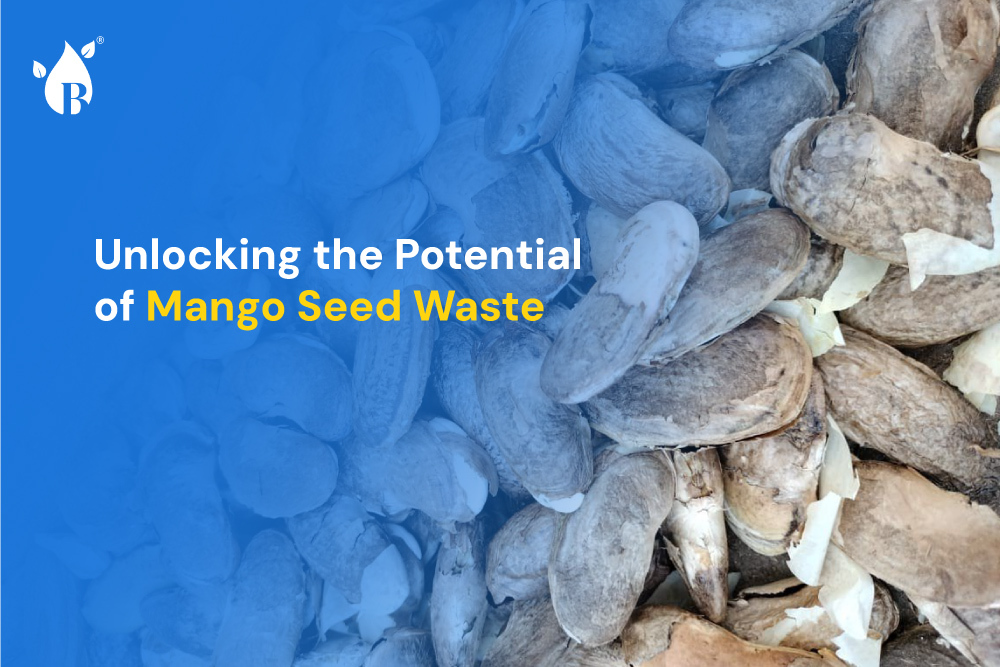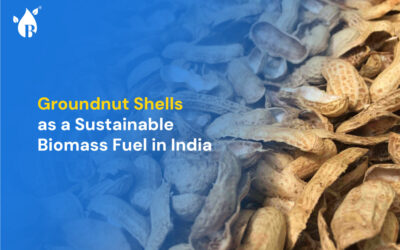Mangoes, often hailed as the “king of fruits,” are not just a symbol of indulgence in India but also a cornerstone of its agricultural economy. India leads the global mango market, producing around 12 million tonnes annually, with Tamil Nadu contributing a significant share through its vast cultivation spanning 125,104 hectares. However, this production brings with it a substantial challenge: waste management.
The Mango Seed Waste Dilemma
A single mango seed can account for 20-60% of the fruit’s weight. With India producing millions of tonnes of mangoes each year, this results in a staggering volume of mango seed waste. Tamil Nadu alone generates approximately 537,780 metric tons of mangoes annually. This equates to an estimated 107,556 to 322,668 metric tons of mango seed waste in the state every year.
Traditionally, these seeds are discarded, posing environmental hazards and resource inefficiencies. Given the scale of production, the opportunity to repurpose this waste is significant. In a country where energy demand is ever-increasing, finding sustainable and economical energy sources is crucial.
Mango Seeds: From Waste to Energy
Recognizing the immense potential in this overlooked resource, Buyofuel has pioneered the transformation of mango seeds into biomass fuel. By converting this waste into a clean, sustainable energy source, we not only address the pressing issue of waste management but also contribute to a greener energy landscape.
The Numbers Behind the Solution
1. Biomass Potential: Mango seeds can produce 4.8-6.2 kWh/kg of energy when processed into biomass fuel.
2. Economic Impact: By converting just 50% of the annual mango seed waste in Tamil Nadu, we could generate approximately 258 million kWh of energy annually. This is enough to power tens of thousands of households, reducing reliance on conventional fossil fuels.
3. Environmental Benefits Utilizing mango seeds for biomass could reduce carbon emissions by up to 70% compared to traditional fuels, contributing to India’s sustainability goals.
The transformation of mango seed waste into biomass fuel is more than just a waste management solution; it’s a step towards sustainable energy independence. Explore the detailed journey of how mango seeds are becoming a Superfuel for Your Boiler, and learn about the broader economic and environmental impacts in our comprehensive case study.




